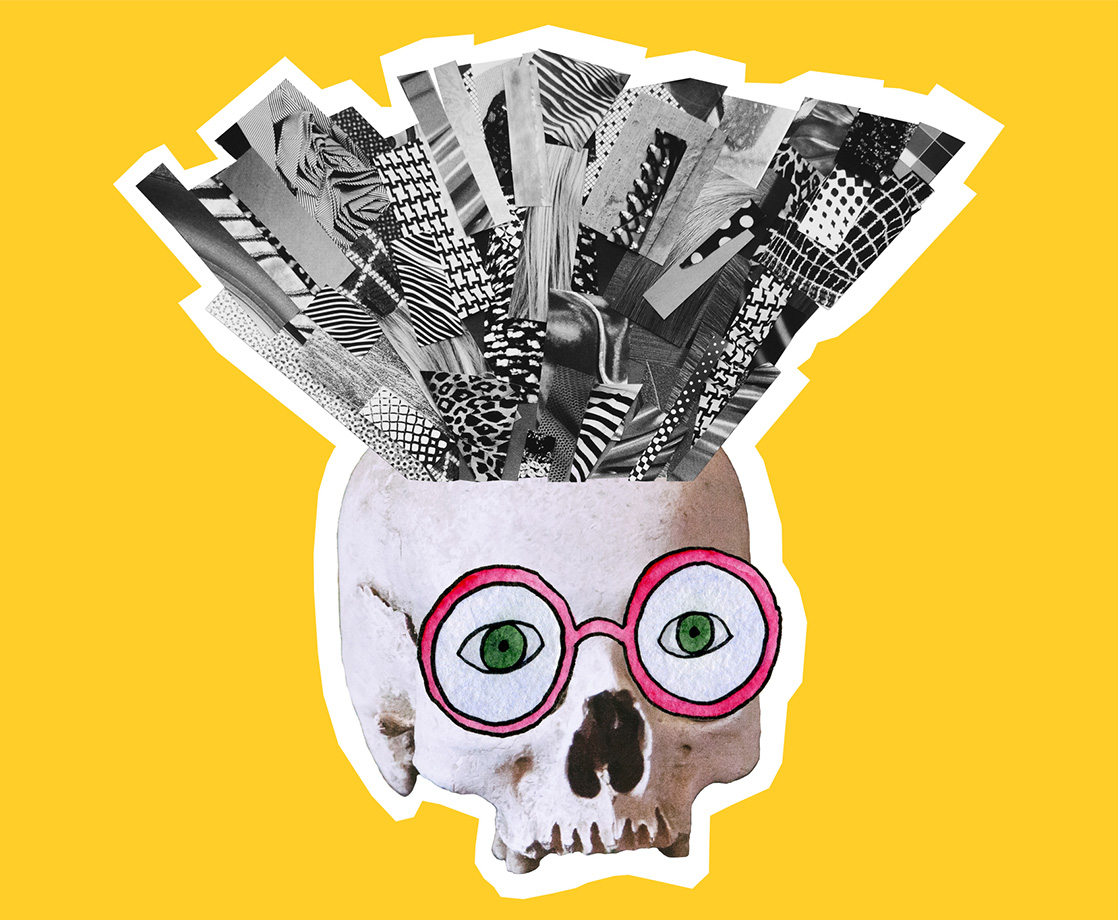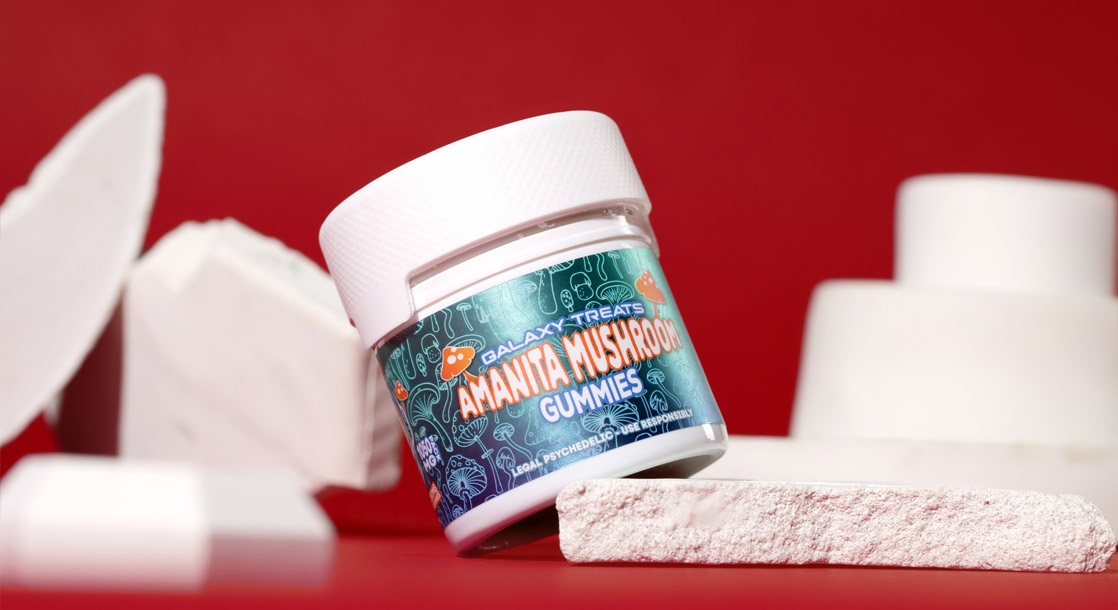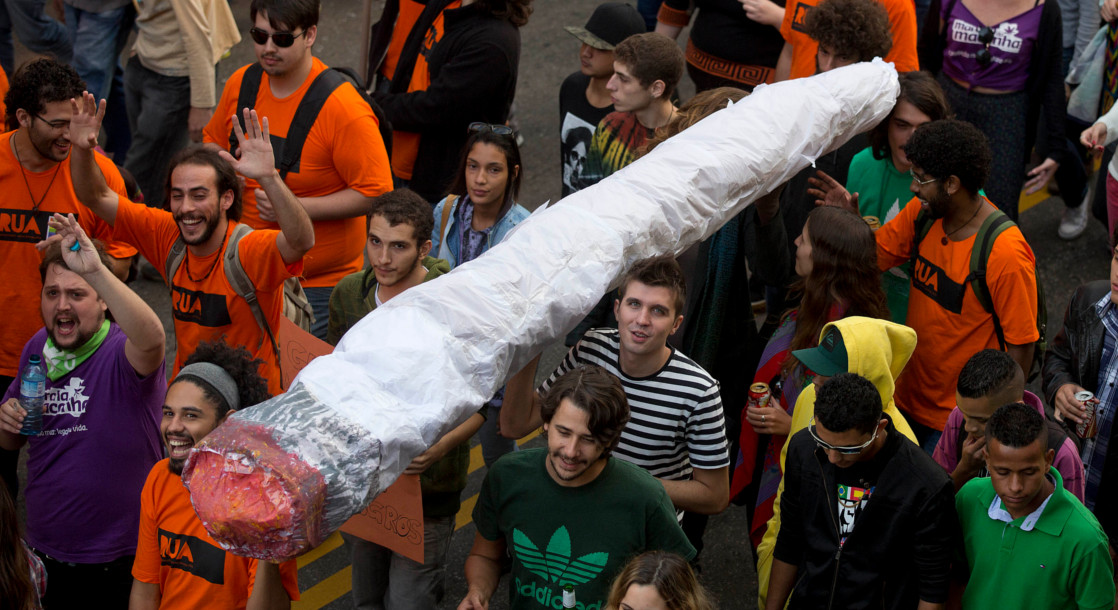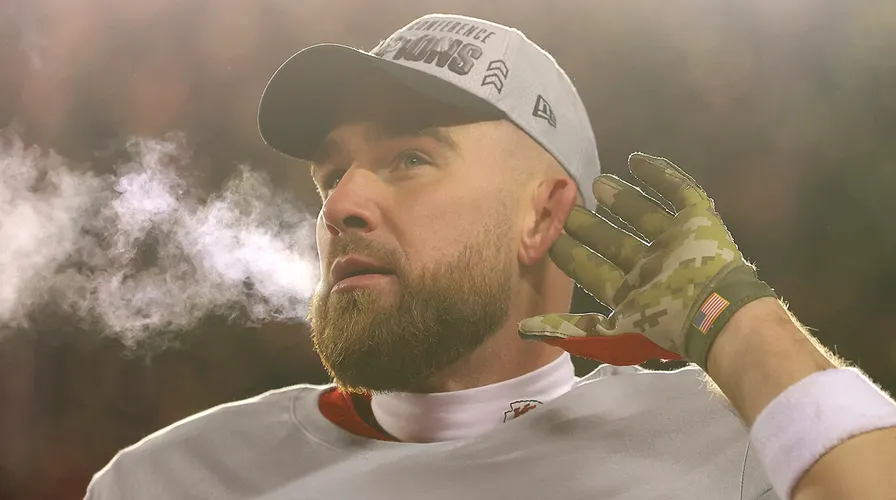Leave it to the US military to provide the ultimate buzzkill.
Last week, the Defense Advanced Research Projects Agency (DARPA), the US military’s high-tech research arm, announced that it was launching a new project. The project, called Focused Pharma, would investigate how to keep the psychologically beneficial effects of psychedelic drugs without any of the “undesirable side effects,” like hallucinating.
Many currently outlawed drugs are showing medicinal promise in clinical trials today. MDMA (the active component of ecstasy or molly), LSD (otherwise known as acid), and psilocybin found in magic mushrooms could all potentially treat difficult ailments such as chronic depression, PTSD, anxiety, and even a fear of death. The US government has already admitted that psychedelics could become the next generation of psychiatric drugs, but it sounds like the military is more interested in the final outcomes offered by psychedelics rather than the experiences themselves.
“DARPA examined evidence from privately-funded human clinical studies demonstrating that certain Schedule 1 controlled drugs that engage serotonin receptors show promise of rapid and long-lasting therapeutic effect in treating neuropsychiatric conditions such as chronic alcohol dependence, post-traumatic stress, and treatment-resistant depression following only limited doses,” read the DARPA website. But tripping balls on the battlefield is not conducive to effective military strategy. “These [side] effects, coupled with their unpredictable consequences, render the drugs unusable in a military healthcare setting.”
The solution then, according to DARPA, is to develop new drugs that work on the same neurochemical channels as LSD, MDMA, or psilocybin, but won’t create visual, auditory, or otherwise delusional hallucinations.
Gallery — Bitchin’ Blotter Papers:
If you’ve never heard of DARPA before, well, that’s exactly how they want it. Since DARPA develops the newest engineering and biotech for the military, most of their activities are kept secret. But when you consider that some of their projects involve things like creating psychic doctors and cybernetic super-soldiers, it’s easy to see why the agency keeps most of its findings under wraps.
But why does DARPA want psychedelic drugs — minus the psychedelia — for US soldiers? The agency’s website lists its primary reason as wanting reliable, efficacious healthcare for its soldiers who are wrestling with the crippling effects of PTSD. There may be more to the story, though.
For instance, PTSD does not automatically qualify a soldier for discharge from the military. In fact, many active-duty soldiers — some of whom will be the first to engage in combat — have PTSD. Roughly 10 percent of US veterans have PTSD, and a troop is only discharged from the military if their PTSD becomes incredibly disruptive.
And PTSD, more often than not, does become disruptive. For combat troops, PTSD can trigger something called “shell shock” when they confront something that reminds them of trauma, where they essentially shut down and become nonresponsive. Shell shock can interfere with everyday, normal function, but it’s especially deadly on the battlefield.
Additionally, PTSD comes with steep financial costs, as well. Every hour in the US, a military veteran commits suicide. The veteran suicide rate is about twice as high as the average American’s. And human costs aside, PTSD is an incredibly expensive portion of military operations: the VA spends $2 billion a year treating PTSD in veterans, with the average PTSD patient costing 3.5 more than veterans who don’t have the condition. That’s money that could be better used elsewhere, like researching flying submarines or robot bug-clouds.
Although most folks wouldn’t be opposed to new medications that can treat otherwise incurable disorders like PTSD, we have to wonder about the government’s track record when it comes to modern medicine and psychedelics. After all, this same government pushed a non-efficacious, synthetic form of THC on the American public just as the medical marijuana movement started taking off in California. And now that Johns Hopkins University School of Medicine is looking into psychedelic-assisted therapy for depression, it’s just a matter of time before people are talking about offering these so-called street drugs at local pharmacies — and you can bet our government will try to come up with its own neutered alternatives in the meantime.
Follow Randy Robinson on Twitter











